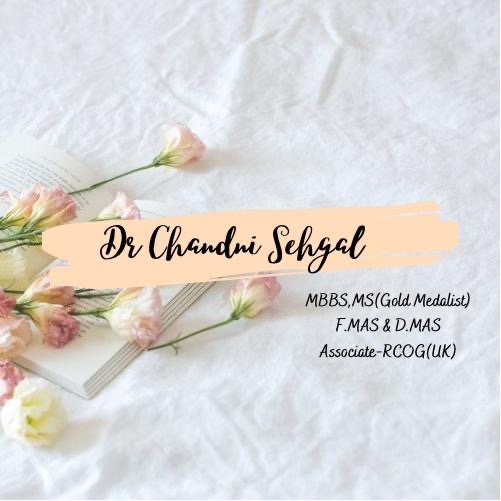12 Things Your Ob/Gyn Wants You to Know
- Chandni Sehgal

- May 20, 2021
- 3 min read

1. "Please focus on good hygiene.”
Taking a shower right before your appointment isn’t necessary, but do try to bathe that day. You might think about using a panty liner and changing it frequently if your appointment is later in the day. And don’t forget to change your socks. Stinky feet aren’t fun.

2. “It’s OK to talk about other health issues.”
Ob/Gyns know that many women use them as a primary care physician, and most of them don’t mind. “We see our job as treating the whole woman,” says Ob/Gyn Jessica Shepherd, MD. If you have health concerns, speak up. We’ll send you to a specialist if you need one.”

3. “Excess weight could affect your reproductive health.”
“We know it’s difficult to lose weight. But doing so can reduce your risk for fertility problems, childbirth complications, urinary incontinence, and a host of other health issues.

4. “Take your birth control correctly.”
For birth control to be effective, you must understand and follow the prescription directions exactly. Dr. Napolitano adds, “If we prescribe birth control or any other medication, consult with us before you stop taking it. If there’s something about it that you don’t like, there’s probably a simple solution.”

5. “Don’t wait to get symptoms checked out.”
When you first experience symptoms that could signal a sexually transmitted infection or other problem, take the time to make an appointment. “Don’t call your doctor about vaginal itching or discharge right before a big date or the night you meet someone at a party.

6. “You’re not the only one who’s lost something ‘down there’.”
Whatever you’ve lost—chances are, your doctor has seen something stranger. Just come in and let him or her help. You want to take care of the problem rather than risk your health and safety. Try not to be embarrassed.
7. “We may not be testing you for STDs.”
Just because you have a Pap test doesn’t mean you’re also being tested for sexually transmitted diseases (STDs). “STD screenings aren’t always performed at the same time as a Pap test, especially in women older than age 30 or in monogamous relationships.

8. “Don’t wait too long to get pregnant.”
If you’re waiting to have a child, understand that conceiving won’t get any easier with time. “Our society tells us that everything must be perfect before having a baby. But that pressure can be a real disservice.

9. “See your doctor before trying.”
If you do decide to try to get pregnant, see your doctor a few months in advance. “There are many ways we can help you prepare for a healthy pregnancy—from ensuring other medical conditions are being managed to changing medications that may not be safe for the fetus.

10. “We can stop problems with leaking urine.”
Ob/Gyns treat bladder issues every day. “Many women of all ages have urine problems.But it’s not a natural part of aging, and you don’t need to live with it. There are lots of treatment options that can help.”

11. “When it comes to surgery, you have options.”
If you need a hysterectomy, your doctor most likely can perform it with minimally invasive techniques. This dramatically reduces recovery time and results in less discomfort. “Minimally invasive surgery still isn’t offered for women’s issues as often as it should be.“If your doctor doesn’t provide that option, consider a surgeon who does.”

12. “Intimacy doesn’t end at menopause.”
Some symptoms of menopause can get in the way of sexual relations. These include vaginal dryness and low sex drive. Tell your doctor if sex isn’t enjoyable. He or she can provide options to help you preserve the romance and intimacy in your relationship.





Comments